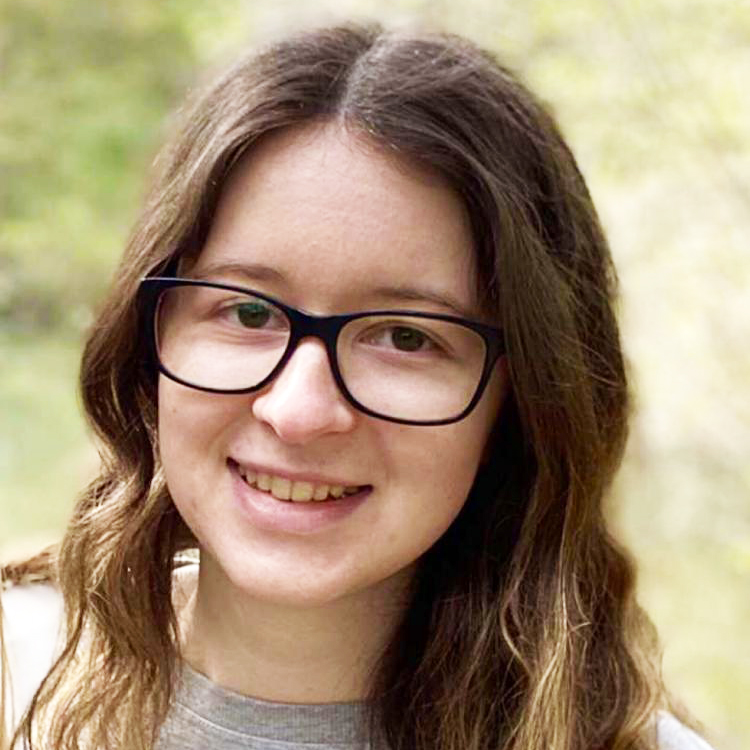LYC Blog #1: Accessibility and Inclusion
LYC Operations Assistant Zoe reflects on a recent group discussion on the vital topics of accessibility and inclusion.
Published January 2022
London Youth Choirs has recently established an EDI Group within our internal staff team. The group meets every two weeks to discuss Equality, Diversity and Inclusion, develop learning within our team, and lead positive change within the organisation’s practice.
At our most recent session, I led a reflection on accessibility and inclusion for our members in all aspects of their experience in LYC. To fit such a large topic into a 20 minute discussion slot, I broke it down into three core aspects of LYC’s operations: COMMUNICATION, REHEARSALS AND MUSIC, and EVENTS.
COMMUNICATION covers not only how you share information with people (we primarily use email, but discussed the possibility of a texting service like Remind for quick messages), but also the language that you use. The language must be clear and literal, to help those whose first language is not English, as well as readers with autism who are more likely to take language literally. It is also important to consider the layout of your emails (and website); this includes font size and spacing, colour, and readability on a mobile phone.
REHEARSALS AND MUSIC are integral to choir membership, and must be made as accessible as possible. As well as the physical accessibility of the venues, the location can be a barrier to participation if there is limited public transport or car parking available, or a lack of space for parents/guardians/carers to wait during rehearsals. Sheet music can be adjusted for those with dyslexia or other visual differences, and it is important to make sure members are aware of this. Holding sheet music and folders can also be difficult for some members – at the moment, this is something we would address on a case-by-case basis.
EVENTS can be a key part of choir membership and be really beneficial for members. But even signing up to an event can be an obstacle, if our communication is unclear or sign-up forms don’t work on a mobile phone. Some members may be apprehensive about going to unknown venues – sending detailed information about what to expect inside the venue can help with this. Additionally, events can be overwhelming for some people as they are particularly loud and busy, often with bright lighting, and sometimes with unfamiliar members of staff. Where possible, we aim to have a designated ‘quiet room’ for members who may otherwise become overwhelmed.
It is important to note that I led this reflection as someone who does not have experience of living with a disability or neurodivergence (such as autism or ADHD). My psychology degree gave me an understanding of issues of accessibility, but I (and the rest of the EDI group) am aware that there is so much still to learn, and more work can always be done. The three categories above represent a useful starting point for discussion, but I look forward to spending much more time on this as a group in the coming months.

ZOE NENDICK
- LYC Operations Assistant
- Years with LYC: 1
- Favourite Tube Line: Victoria

